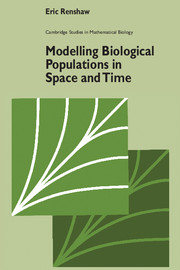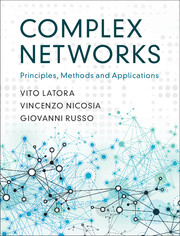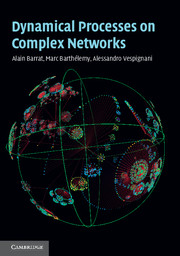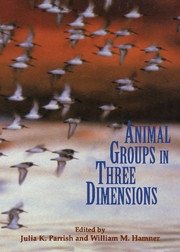Modelling Biological Populations in Space and Time
This volume develops a unifying approach to population studies that emphasizes the interplay between modeling and experimentation and that will provide mathematicians and biologists with a framework within which population dynamics can be fully explored and understood. A unique feature of the book is that deterministic and stochastic models are considered together; spatial effects are investigated by developing models that highlight the consequences that geographical restriction and species mobility may have on population development. Model-based simulations of processes are used to explore hitherto unforeseen features and thereby suggest further profitable lines of both experimentation and theoretical study. Most aspects of population dynamics are covered, including birth-death and logistic processes, competition and predator-prey relationships, chaos, reaction time delays, fluctuating environments, spatial systems, velocities of spread, epidemics, and spatial branching structures.
- Unifies modelling and experimental approaches to population dynamics
- Presentation allows readers with little mathematical expertise to skip theoretical chapters without losing the flow of the book
- New paperback format will put the price within reach of many more potential readers
Reviews & endorsements
"...an excellent introduction to the world of deterministic and stochastic models for population growth, both for students of applied mathematics and statistics at the undergraduate and postgraduate level and for advanced students of theoretical biology." Andris Abakuks, Mathematical Reviews
"An excellent reference for the class of mathematical models that it considers....The quality of the book is high....As an applied statistician with an interest--and some background--in the models discussed, I found the book easy to read, extremely useful, and its perspective sensible. It is well worth its price." Judy Zeh, Journal of the American Statistical Association
Product details
September 1993Paperback
9780521448550
424 pages
227 × 150 × 30 mm
0.597kg
Available
Table of Contents
- Preface
- A list of symbols and notation
- 1. Introductory remarks
- 2. Simple birth-death processes
- 3. General birth-death processes
- 4. Time-lag models of population growth
- 5. Competition processes
- 6. Predator-prey processes
- 7. Spatial predator-prey systems
- 8. Fluctuating environments
- 9. Spatial population dynamics
- 10. Epidemic processes
- 11. Linear and branching architectures
- References
- Author index
- Subject index.






